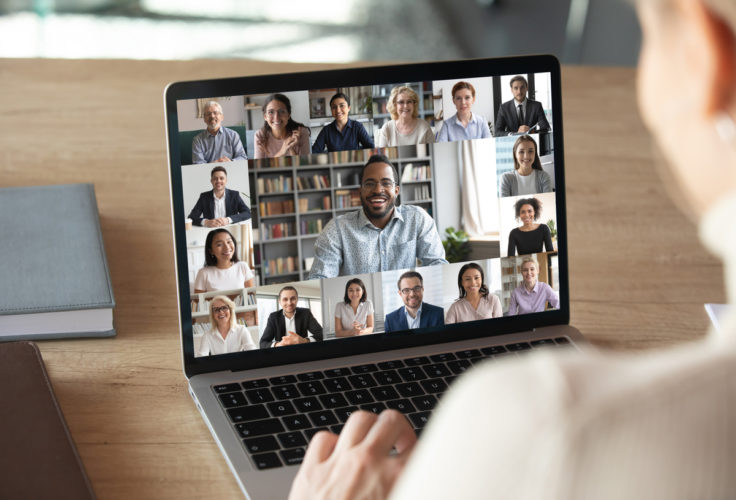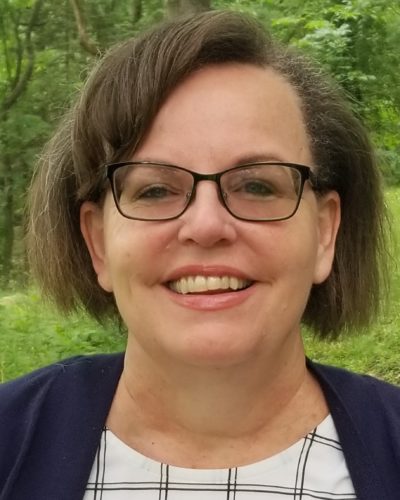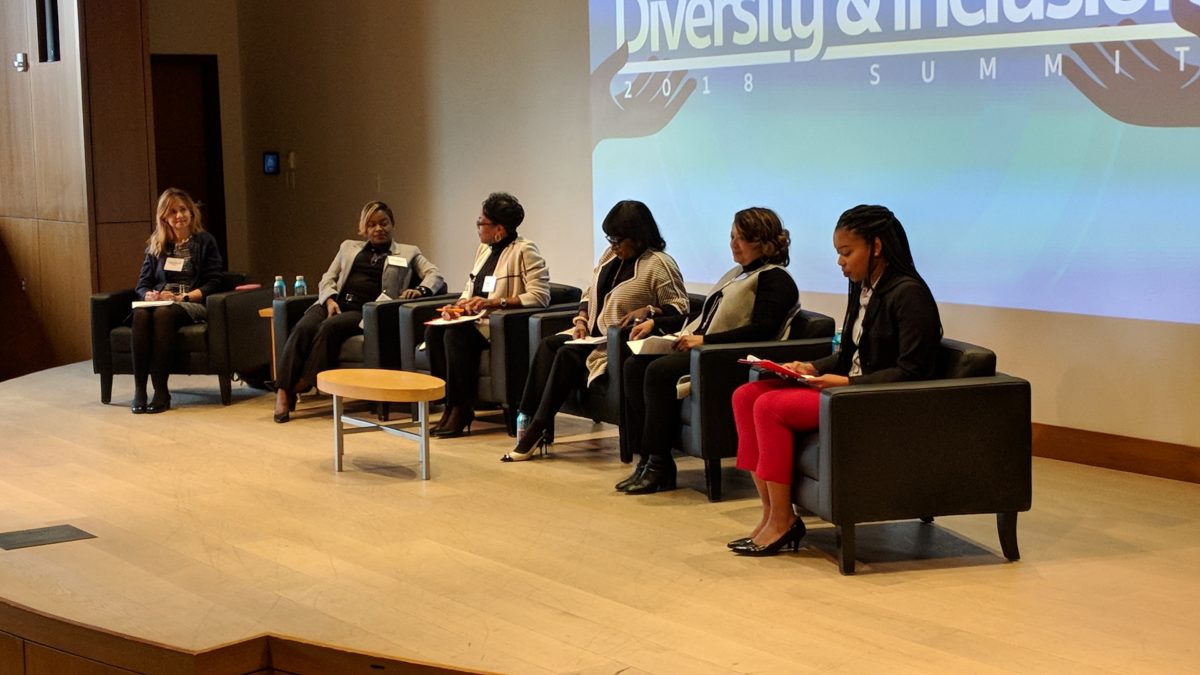In February, Olin’s IDEA (Inclusion, Diversity, Equity, and Access) team launched a new initiative to celebrate our diverse community through monthly cultural observances. During April, we recognize and commemorate several cultural observances, including those centered on religious diversity and neurodiversity. April is also Celebrate Diversity Month.
Ramadan (April 2–May 1)
Ramadan, known as the holy month of fasting, is the ninth month of the Islamic calendar. It is during this month that the Quran was revealed to Muhammad. Observed through fasting, community prayer and self-reflection, Ramadan begins with the appearance of the crescent moon on April 2 and ends with the appearance of the crescent moon on May 1. Ramadan concludes with the Eid al-Fitr holiday, “the festival of breaking fast.”
Passover (April 15–23)
Passover is a Jewish holiday celebrated this year from April 15 to 23. In Hebrew, it is known as Pesach, which means to “pass over.” It commemorates the Israelites’ exodus from slavery in ancient Egypt. It is observed by avoiding leavened food and highlighted by the Seder meals that include family and friends, the seder plate, four cups of wine, matza and retelling the story of the exodus.
Easter (April 17)
Easter is a Christian holiday that commemorates the resurrection of Jesus Christ, which occurred three days after he was crucified by the Romans. This year, Easter will be celebrated on Sunday, April 17. Before Easter, some Christian denominations observe a 40-day period called Lent that begins with Ash Wednesday and concludes with Good Friday. Lent is observed through acts of fasting, prayer and sacrifice.
Autism Awareness/Acceptance Month
April is Autism Awareness Month. First held by the Autism Society as National Autistic Children’s Week, this month intends to promote acceptance, inclusion and empowerment of members of the autism community.
Initiated by the United Nations General Assembly in 2008, World Autism Awareness Day is celebrated annually on April 2 and spotlights the need for increased education and awareness of autism globally.
Celebrate Diversity Month
Celebrate Diversity Month was launched in April 2004 to recognize and honor the many ways that our global society is made richer because of our diverse and unique identities, backgrounds and worldviews. Through celebration of our commonalities and differences, we hope to build and deepen relationships and our understanding of one another.
Learn more through our micro-learning journeys from Blue Ocean Brain housed in the learn.WashU platform. Each micro-learning journey takes 10 minutes or less, and the new journeys available this month include:
- Celebrate Diversity: How it Fosters Belonging
- Recognizing Cultural Intelligence
Check out the WashU Diversity Calendar and the WashU Office for Religious, Spiritual, and Ethical Life for other related events.






 Laura Glanz, BA ’21 is a strategy fellow at
Laura Glanz, BA ’21 is a strategy fellow at 





